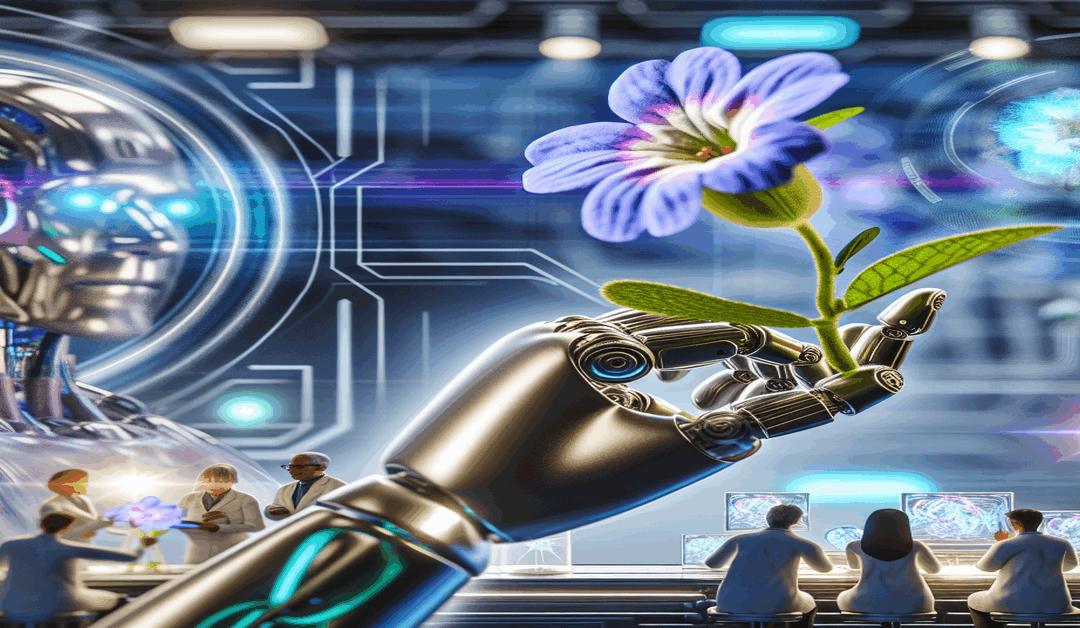The Gradual Evolution of Artificial General Intelligence: Debunking the Milestone Myth
In the rapidly advancing field of artificial intelligence (AI), the concept of Artificial General Intelligence (AGI) has captivated researchers, technologists, and the general public alike. AGI refers to the hypothetical creation of an AI system that can perform any intellectual task that a human being can, and it is often portrayed as a critical milestone in the evolution of AI. However, a recent article from Machine Learning Times challenges this notion, arguing that the achievement of AGI does not represent a significant discontinuity or milestone in the development of AI systems.
The Elusive Definition of AGI
One of the primary issues surrounding AGI is the lack of a clear consensus on what constitutes an artificial general intelligence. Without a well-defined set of criteria, recognizing the achievement of AGI becomes a subjective matter. The article suggests that even if AGI is achieved, its arrival should be evident based on its substantial impacts on society and the economy. However, the absence of a universally accepted definition complicates the identification of this crucial moment in AI history.
The Gradual Integration of AI Technologies
Another key point raised in the article is the gradual diffusion of AI technologies across various industries and into society. Unlike the rapid pace of technological advancements, the integration of AI systems occurs at a human timescale. This means that even if AGI is developed, its full integration and effectiveness will take time to materialize. The adoption of AI technologies is a process that requires adaptation, learning, and the development of complementary innovations in fields such as policy, ethics, and technology.
Capacities vs. Impacts: Understanding the Implications of AGI
The article highlights the importance of distinguishing between the **capabilities** of AI systems and their actual **social and economic impacts**. The potential risks and benefits of AGI are often conflated, leading to misunderstandings about its implications. While an AGI system may possess advanced capabilities, its impact on society will depend on how it is implemented, regulated, and integrated into existing structures. The development of AGI alone does not automatically lead to significant changes without the necessary supporting frameworks in place.
The Necessity of Complementary Innovations
For AGI to have a truly transformative effect on society, numerous complementary innovations are required. These innovations span across various domains, including policy, ethics, and technology. Without a comprehensive approach that addresses the legal, moral, and practical challenges associated with AGI, its potential benefits may be limited or even overshadowed by unintended consequences. The article emphasizes the need for a holistic perspective that considers the broader context in which AGI will operate.
AGI as a Continuous Process, Not a Singular Event
The development of AI is often portrayed as a series of discrete milestones, with AGI being the ultimate goal. However, the article argues that the progress of AI should be viewed as a continuous process rather than a series of isolated events. The achievement of AGI, while significant, does not necessarily mark a critical point where humanity would lose control over AI systems. Instead, it is part of an ongoing journey of technological advancement and societal adaptation.
Embracing the Gradual Evolution of AI
As we navigate the complex landscape of artificial intelligence, it is crucial to approach the concept of AGI with a nuanced understanding. Rather than fixating on AGI as a singular milestone, we must recognize the gradual nature of AI development and its integration into society. By focusing on the continuous progress of AI technologies and the necessary complementary innovations, we can work towards harnessing the potential benefits of AI while mitigating its risks.
The achievement of AGI, whenever it may occur, will undoubtedly be a significant moment in the history of AI. However, it is essential to view it within the broader context of AI development and societal adoption. By embracing the gradual evolution of AI and actively shaping its trajectory, we can ensure that the future of artificial intelligence aligns with our values and contributes to the betterment of humanity.
#ArtificialIntelligence #AGI #AIEvolution #FutureofAI
-> Original article and inspiration provided by Machine Learning Times
-> Connect with one of our AI Strategists today at ReviewAgent.ai

